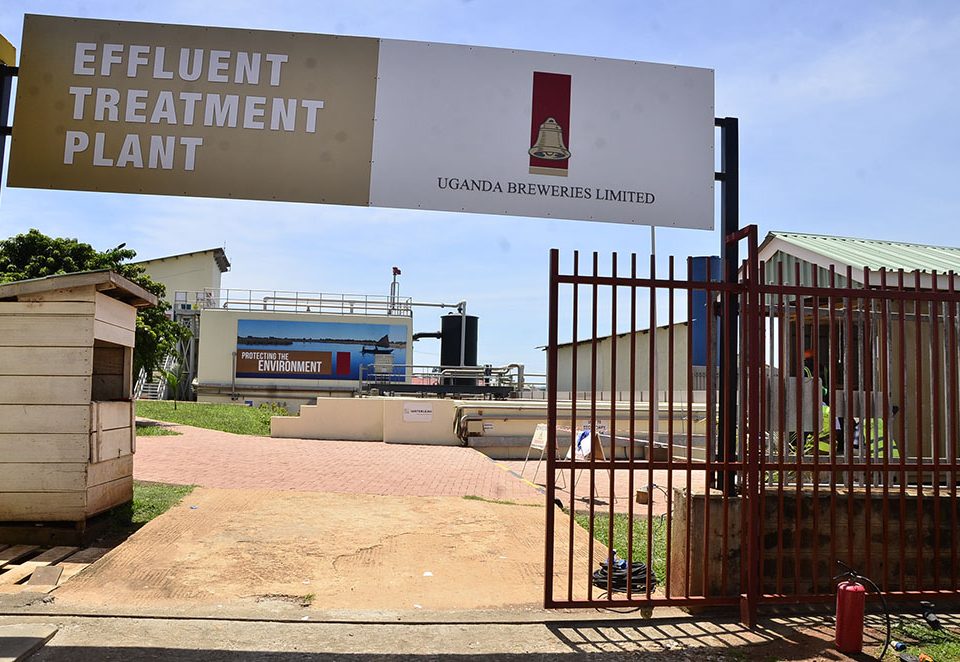Inflation hits highest level in 12 months

STEADY: Finance, Planning and Economic Development Minister Matia Kasaija
High cabbage, fish and Irish potatoes prices were the primary drivers of the 4% annual inflation in July, the Uganda Bureau of Statistics (UBOS) has indicated as per the July Consumer Price Index (CPI).
Speaking at a press briefing on July 31, UBOS statisticians noted that these foodstuffs had significantly contributed to the overall increase in food prices, leading to the rise in inflation from 3.9% in June to 4% in July, the highest in the past 12 months.
According to the UBOS report for July, the price of cabbage surged dramatically from 14.4% to 32.5% over the past 12 months. The cost per kilogram of cabbage ranged between UGX 11,101 and UGX 25,903 in July 2024, marking a substantial rise from the UGX 8,500 to UGX 14,000 range in July 2023. This increase represents an approximate 64.5% spike, mainly driven by inflationary pressures and supply chain disruptions.
- Irish potatoes also saw a notable price hike, climbing from UGX 1,657 per kilogram in July 2023 to UGX 1,900 in July 2024. This 14.6% increase reflects the growing cost of agricultural production and distribution challenges.
Meanwhile, the price of fresh tilapia, a popular food in many Ugandan households, increased from UGX13,128 per kilogram in July 2023 to UGX 14,360 in July 2024, representing a 9.4% rise.
This increase was partly attributed to seasonal variations and stricter enforcement measures at fishing landing sites.
- Samuel Echoku, the head of the Department of Macroeconomic Statistics at UBOS, noted that the Annual Headline Inflation for the year ending July 2024 increased to 4.0%, up from 3.9% in June 2024.
"We have not seen this level of inflation for the past 12 months," Echoku stated. "This indicates that commodity prices are rising, and it is crucial for government planners to consider this trend in their policy-making."
The surge in food prices, particularly for staples like cabbage, tilapia, and Irish potatoes, underscores the broader economic challenges facing Uganda.
The combination of increased demand, production costs, and supply chain issues has put pressure on household budgets, with significant implications for food security and economic stability.
This trend is in line with the Bank of Uganda’s forecasts, which indicates that inflation is projected to rise above the medium-term target of 5 per cent by the first quarter of the 2024/25 financial year and stay above 5 per cent throughout 2025.
- As the government and other stakeholders work to address these challenges, monitoring inflation trends and implementing effective policies will be critical to mitigating their impact on the population.
- As Uganda continues to navigate these economic dynamics, the latest data serves as a reminder of the importance of strategic planning and intervention to support both consumers and producers in the face of a tight economic environment.



.jpeg)






















































